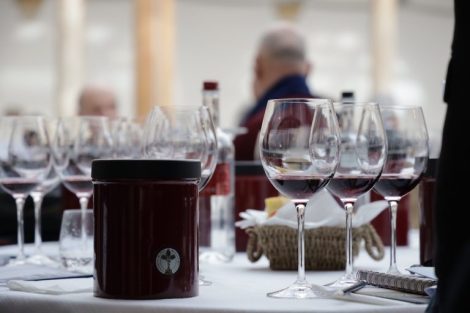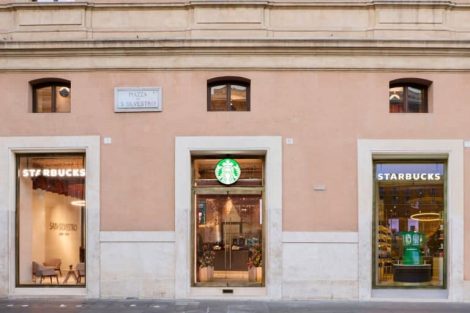Organic enterprises
Organic farming owes its success in part to young entrepreneurs. According to Italian Farmers Confederation 25% of Italian farmers operating or converting cultures to organic regimen are aged 40 and under. Analyzing this in the universe of startups numbers soar to a staggering 50%. This is a clear sign that younger, lighter enterprises are pushing towards a productive style that cares about the environment and natural resources. In addition to this, thanks to technology, the conversion to organic farming is less of a burden for businesses compared to years ago.
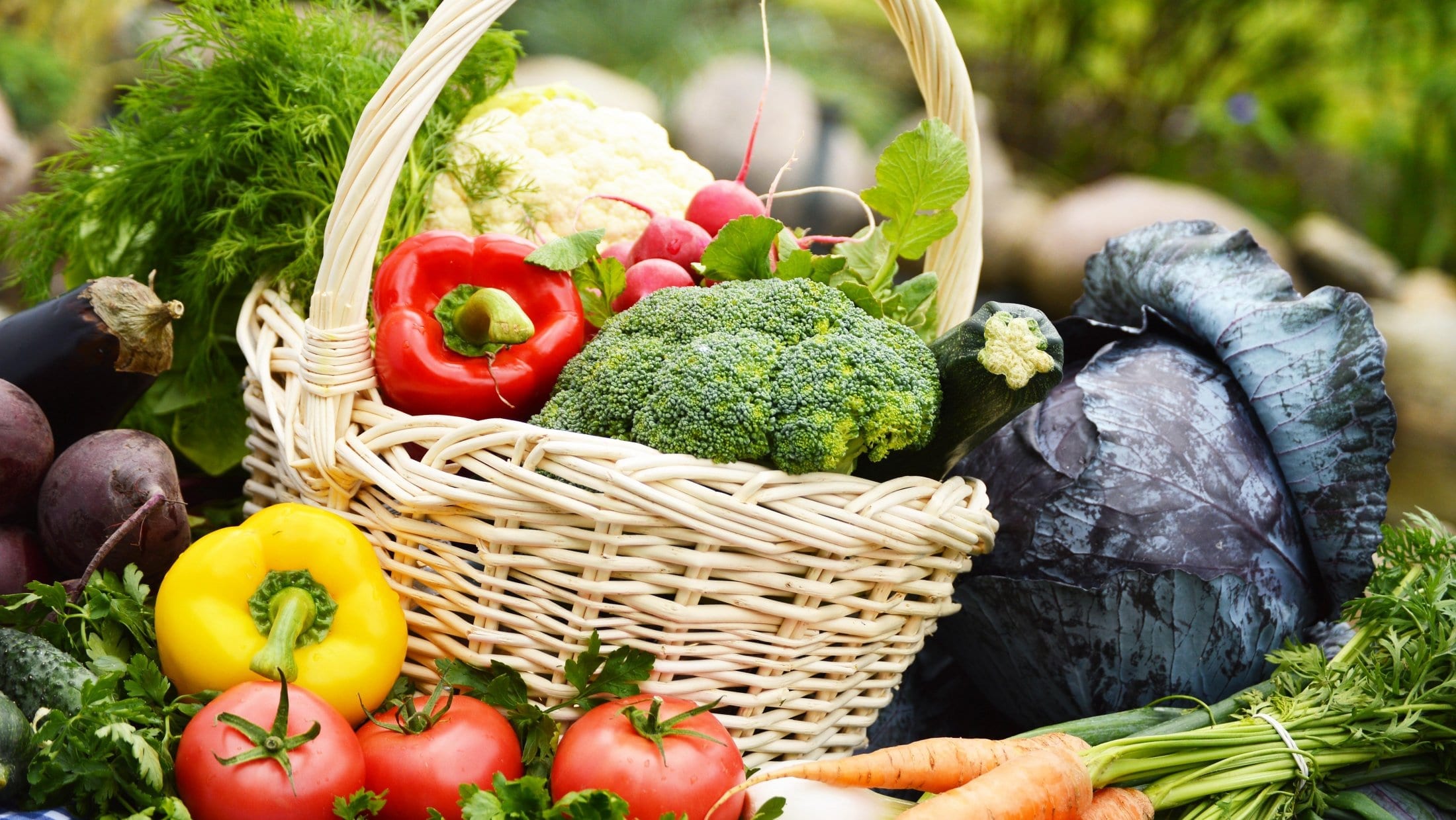
The supply chain feeds a sector that is not affected by trends, rather a veritable lifestyle choice. Consumers are growing their attention towards food, but equally significant are the recent figures in the cosmetic, health, accessories and fashion market. The need for organic is now mature, as observed by the Italian Farmers Confederation at the international natural and organic convention which was held in Bologna between 9 and 12 September. The market is ready to sustain the steady growth of this sector.
Italy’s south in the lead: future goals
It is southern Italy to take the lead in organic farming yield. According to the studies conducted by CIA the southern Italian regions are in dynamic growth in fostering organic farming. Consider that on the entire Italian territory the average organic cultivation is one out of 10 hectares. In Southern Italy the ratio is different: in Calabria the organically cultivated hectares are 1 out of 3, in Puglia 1 every 4. On the whole, more than half of businesses are located in southern Italy.
More figures in Italian organic agriculture: according to Italian Farmers Confederation, 60K units are employed, with a 6% net increase this past year. On the entire Italian territory, organically cultivated hectares are 1.5 million among pastures, olive groves, vineyards, grains and animal feed cultivations. In addition to this, grass-fed livestock for meat is in net expansion: in recent years organic chicken and pig farms have increased by 15%.
The mission now is providing the industry with more breadth, allowing organic to operate outside of the “niche” market. This means investing and equipping in sustainable supply chains; implementing avant-garde commercial systems; innovative product marketing. It also implies increasing production, widening it to include regions that have been so far reluctant. According to the CIA surveys, in the year 2020 the surface cultivated will be 50% and an added value in production equals to 30%.
by Francesca Fiore
translated by Eleonora Baldwin

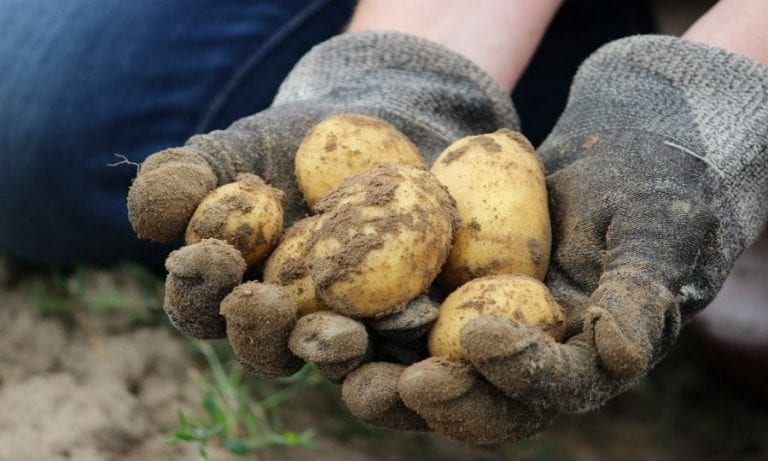

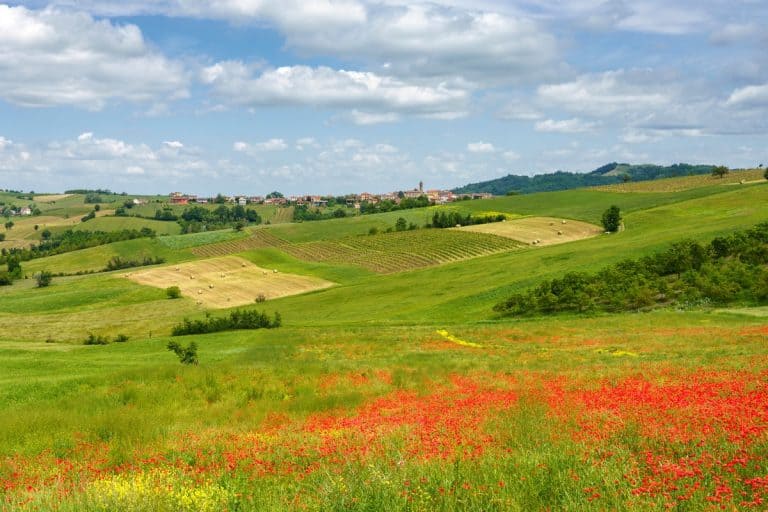 Timorasso: the red wine dressed as white from the Colli Tortonesi. Here are the 16 best labels
Timorasso: the red wine dressed as white from the Colli Tortonesi. Here are the 16 best labels It’s official: China joins the International Organisation of Vine and Wine
It’s official: China joins the International Organisation of Vine and Wine How and where to buy white truffle from Alba at a fair price: tips from an expert
How and where to buy white truffle from Alba at a fair price: tips from an expert The Italian wines with the best value for money: here are the National awards from Berebene 2025 guide
The Italian wines with the best value for money: here are the National awards from Berebene 2025 guide Where to eat in Venosa, the home of Aglianico del Vulture
Where to eat in Venosa, the home of Aglianico del Vulture